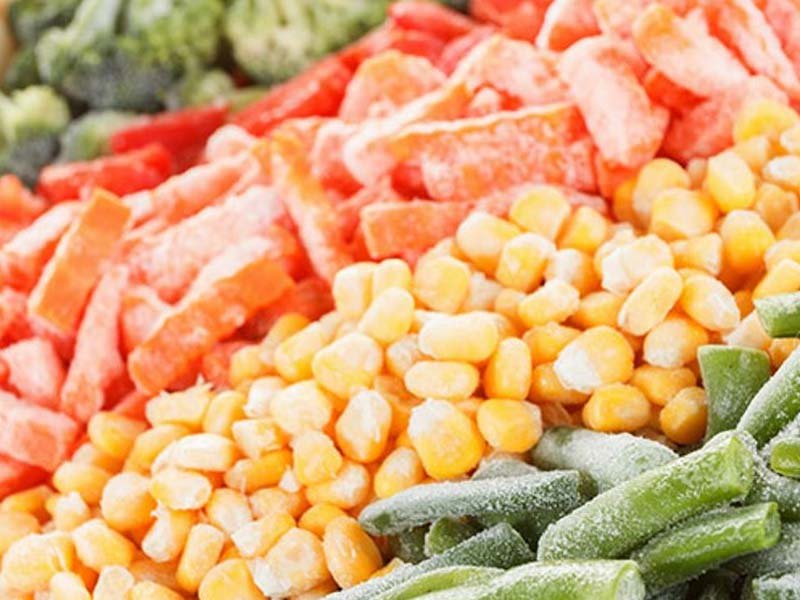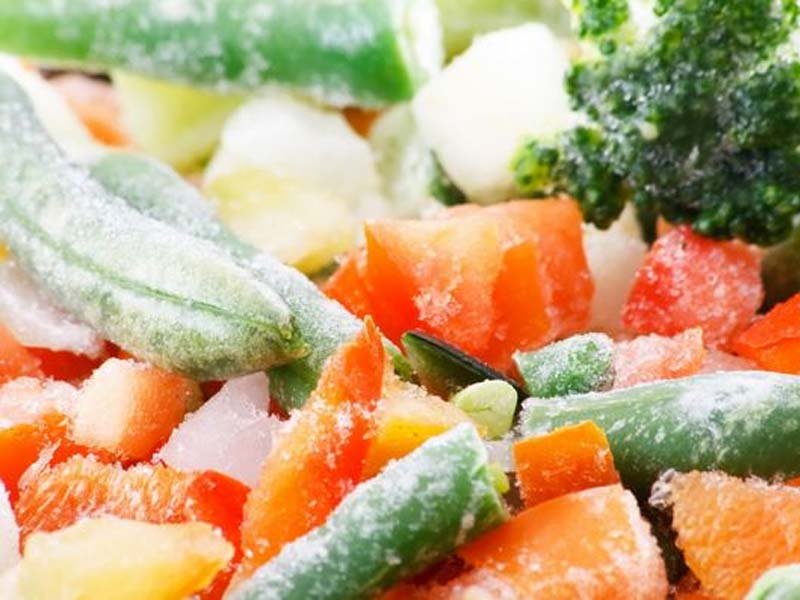Are Frozen Foods Harmful? – During winter, when few fresh foods are available, it’s important to consider if frozen foods are beneficial and if they retain any nutritional value. Many people prefer frozen products year-round due to their busy schedules and lack of time for lengthy cooking processes. But are frozen foods harmful or are they all the same?
Frozen Foods Can Be Harmful

The issue lies in the fact that the nutritional qualities of deeply frozen products cannot be the same as those of fresh foods. Hidden within frozen vegetables, fruits, meats, and fish can be dangerous trans fats and palm oil. Additionally, frozen foods often contain preservatives like regular cooking salt, but in significantly elevated quantities.
This can be helpful to you: Weight Loss Tips to Start Following for a Healthier Life
How to Make Our Food Healthier?
When you have no choice but to opt for frozen foods due to time constraints, select options without cheese or cheese-based sauces (such as pizzas). These frozen foods tend to have significantly higher calorie and saturated fat content.
Avoid thawing the entire quantity of the product if you won’t use it all—this is another important tip. Take out the necessary amount and leave the rest in the freezer.
When purchasing frozen fruits, opt for those without syrup. The packaging content is easy to navigate—it should only contain the fruits or vegetables you’re purchasing.
If consuming frozen meat or fish, it’s beneficial to pair it with fresh salads—this way, you’ll partially meet your nutrient needs.
And of course, whenever possible, avoid frozen foods in favor of their fresh counterparts.
Which Frozen Foods Are Beneficial?
In the end, it turns out that not all frozen foods are harmful. Fruits and vegetables are among the most beneficial food groups in fresh and frozen states. Moreover, if you store fresh fruits and vegetables in your refrigerator for a long period, their nutritional value significantly decreases. Meanwhile, frozen equivalents can be stored for an extended period.
Some of the most beneficial frozen foods include peas, green beans, and berries. The reason is that they are frozen quickly after being picked, thus retaining fewer nutrients, including vitamin C.

Avoid Frozen!:
- Meat
- Fish
- Processed meats and fish, such as breaded and fried meat products
- Cheese, such as breaded cheese or bites
This can be helpful to you: The Unavoidable 6 Rules In Any Detox Diet
Additional Tips for Choosing Frozen Foods:
- Opt for frozen foods with a portion size of 250-300 calories.
- Choose foods with less than 4 grams of saturated fatty acids.
- Choose foods with less than 800 mg of sodium chloride salt.
- Choose foods with a minimum of 3-5 grams of fiber.”





